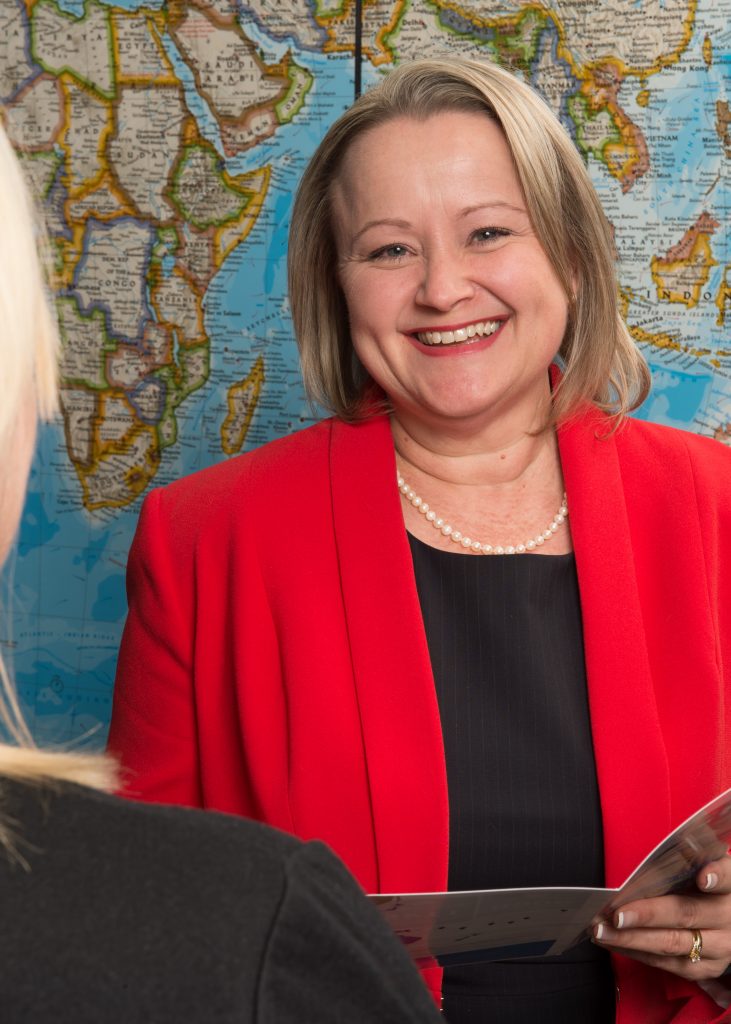Institution: Said Business School, University of Oxford (UK)
Course: Strategic Leadership Program
Firstly, thank you to the Industry Leaders Fund for their generous support towards my attendance at the University of Oxford, Said Business School’s Strategic Leadership Program.
The November 2017 cohort was the 70th group and comprised 40 participants drawn from 16 countries. The course was housed on site at Egrove Park, just 10 minutes by car outside of Oxford. The residential style course was delivered almost entirely at Egrove Park by a team of highly experienced and engaged speakers and tutors. The exception to this delivery was one memorable evening spent in Oxford itself, at the Balliol College.
About the experience
The Strategic Leadership Program is highly experiential by nature. From the beginning you are invited to “leave with less, rather than more” and from that opening through to the closure at the end of six days, we were continuously encouraged to test our thinking about our own leadership challenges.
The daily schedules and the way the 6-day program actually forms, is carefully and deliberately designed, without (thankfully) feeling rigid or routine. The approach is to use the Humanities as a guide in leadership; everything from storytelling; history; philosophy; experience – even religion. Why? Because, to ignore the Humanities would be akin to ignoring the collective wisdom of thousands of years of human inquiry. Interesting indeed.
Having set the scene, we were encouraged to step into the ‘spaces’ created through each session, each interaction, each speaker or tutor, and, each other, and to define and speak about our leadership challenges (contextually, organisationally and personally). The material presented, the way in which we ‘interacted’ with the material, and the discussions both formal and informal was excellent and very contemporary.
The added benefit of being assigned to Tutor Groups for the week meant that there was ample opportunity to explore and build upon not only the ‘lesson material’, but also critique and challenge each other in our individual leadership challenges.
Just a few of the implications that I considered during the week were:
- How am I, and how is our company, positioned to deal with future challenges (including the unknown)?
- Is our emphasis (as a company) on achieving operational excellence in the present, and, are we also trying to strike the right balance that encourages forward thinking and action?
- What is our and my, best 15% influence?
- What are the ‘minimum specs’ required to succeed and are we/am I enabling that?
Where to next
I would not need to look too far, to find someone (me included) who has ever returned from an outstanding leadership program, with a list as long as their arm stating what they will change or do differently! The problem with that is never the intention, but the execution.
Fortunately for me, two vital things happened. One was, I listened and reflected often on the early invitation to “leave with less, than more”. Secondly, I had an outstanding Tutor and Tutor Group. During their feedback session to me, on my/our company’s leadership challenge – they gave their feedback constructively and with all the best intentions. (Note; the Tutor Group continues for a further six months.)
Armed with that insight (and 30+ pages of notes and a reading list longer than my arm!), I am focusing on several key things that I hope will prepare our company to be relevant and successful in 20 years’ time:
Equipping our company to make better strategic choices and decisions.
- Changing the way we approach our problems as an organisation.
- Creating ‘spaces’ for the company to innovate.
- Continuing to take my own leadership style to the next level.
Christine Molitor, CEO, Scope Global Pty Ltd

